I am not a feminist, but…
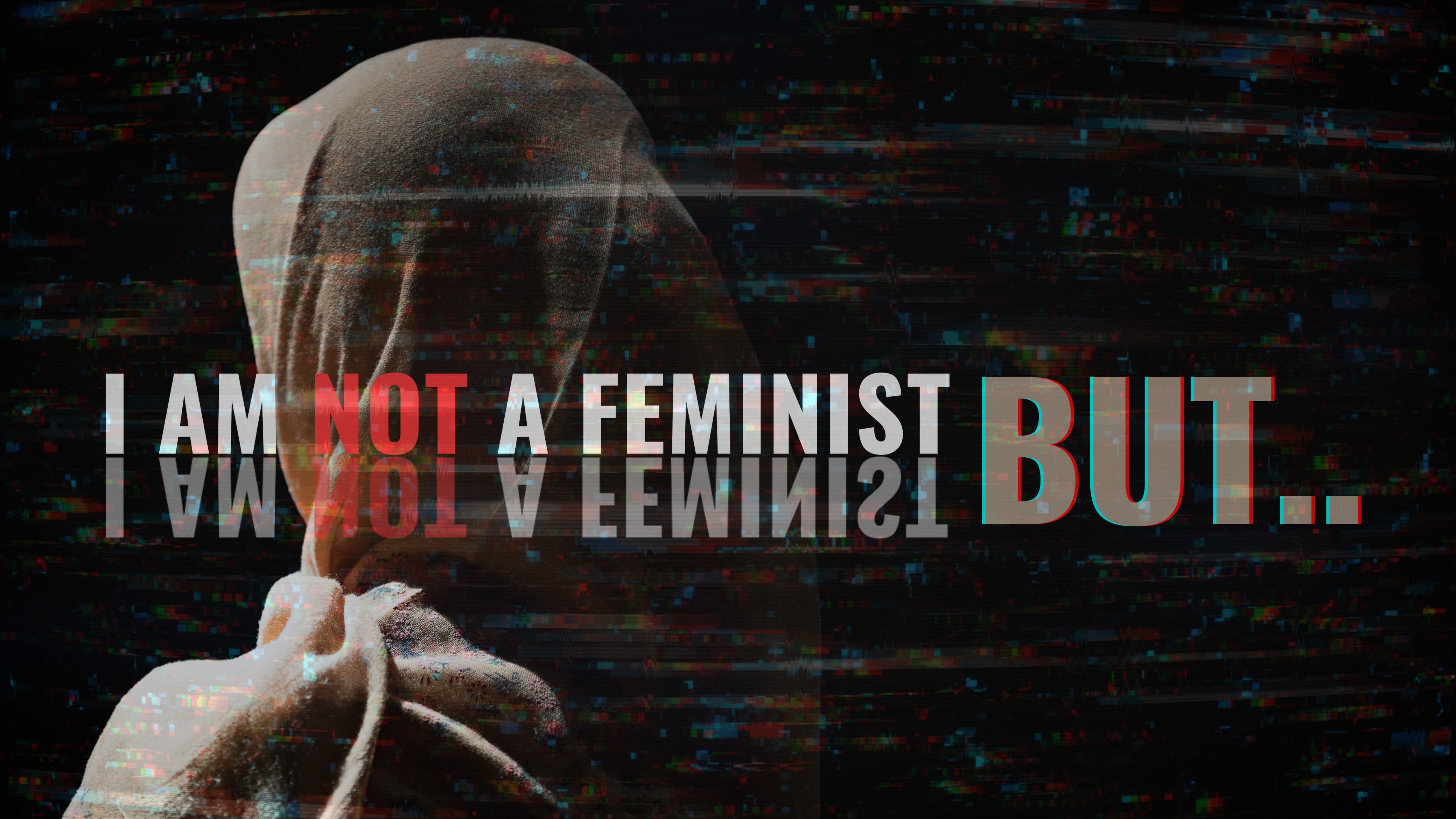
I am not a feminist, but…
To begin, it is crucial to clarify my stance on feminism. I view it as a destructive force that infiltrates society on multiple levels: it is a sociological cancer, a psychological poison, a philosophical trap, a spiritual void, a political weapon, and ultimately, a path that leads to the disintegration of our islamic social fabric.
Having established this, I want to address a pressing concern. The reason I felt compelled to make my position clear is to avoid any potential misinterpretation of my views. I do not align with feminism, nor do I sympathize with any of its ideals. In fact, I stand firmly against its principles and will oppose them with the strongest voice I can muster.
It's quite interesting and troubling to note that any Muslim or Muslimah who advocates for the rights and empowerment of women is often labeled as a feminist. This misconception overlooks a critical truth: Islam granted rights to women centuries before the first wave of feminism ever emerged. Does asking for the rights that Islam itself bestowed upon women suddenly make one a feminist? If we follow this logic, then we would have to label many of the revered female Sahabiyyat (may Allah be pleased with them) as feminists.
معاذ الله من ذلك—May Allah protect us from such a misguided notion.

In recent years, there has been a significant rise in the spread of feminism, both in my native Kerala and across the globe. This surge led me to deeply reflect on the underlying causes driving feminist influence. To better understand the issue, I spent years studying feminist and counter-feminist literature, seeking to pinpoint where the crux of the matter lies. While common reasons like feminist propaganda and liberal culture certainly play a role, I discovered a surprising yet rarely discussed causal factor. Believe it or not, one of the primary reasons for the rise of feminism within Islamic circles is the presence of misogynistic men who lack a proper understanding of Islam and fail to grant our Muslim sisters the rights that Allah (S) has bestowed upon them.
Sounds like something a feminist might say, right? But before you jump to any conclusions, I invite all the brothers reading this to join me in a small imaginative exercise. Let's set aside assumptions for a moment and engage in a bit of creative thinking together.
Imagine, my dear Muslim brothers, if your entire worth as a man was defined solely by your ability to provide financially for your family. Picture being conditioned from birth to see yourself only through this lens—where your dreams, passions, and emotions are deemed irrelevant compared to your duty as a provider. Do you love sports, poetry, writing, science, or the arts? Are you passionate about seeking knowledge? No one cares, and neither should you. Perhaps you dream of traveling and experiencing the wonders of the world (in a Shariah-compliant way)? Forget it, because your mind should be solely occupied with monetary concerns.
Imagine being told that your role as a "maintainer and protector" eclipses all other aspects of your identity. Want to spend an evening discussing politics or enjoying a football game with friends? Sorry, but your duty to provide and protect takes precedence over any personal satisfaction. Your entire existence is reduced to this one-dimensional role, leaving little room for you to explore your interests, nurture your talents, or simply unwind.
Feel stressed or inadequate at times? Don’t bother sharing it with your wife, because your feelings are deemed inconsequential compared to her need for maintenance and protection. You're expected to function like a robotic provider, perpetually working to fulfill everyone's rights without any regard for your own well-being. You can’t complain, as that would be seen as rebellious behavior. You can’t have an open conversation with your spouse because she was never taught the importance of engaging with you in the proper Islamic context of marriage. Instead, you’re told that her lack of engagement is due to your shortcomings as a spouse, and you’re blamed for her lack of emotional intelligence.
Imagine that every time you try to discuss the rights you have as a husband, you're immediately labeled as a "dumb meninist" who disregards Islamic traditions and the divinely ordained role of a provider, accused of merely following your own desires. Imagine the suffocating feeling of being stuck, unable to voice your concerns. Now, imagine if the very people who were supposed to support you are instead justifying their injustice towards you in the name of the same religion that you hold so dear to your heart.
It doesn’t sound humane, does it? This reduction of your existence would feel degrading and unjust, wouldn’t it? Unfortunately, this is the harsh reality many of our sisters face in certain circles—a reality I hear about frequently in counseling sessions.
Recently, I’ve observed a troubling trend among some Muslim influencers who promote a narrow view of a woman's role, one that disregards any other dimensions to the issue. This approach isn’t about celebrating the virtues of being a good wife and mother but rather about confining their aspirations to fit a predefined mold. This mindset reduces her to a mere unidimensional function, overlooking her broader identity as a Muslim and a human being with aspirations beyond the household, which are shariah compliant.
Yes, motherhood and wifehood are indeed core aspects of a woman’s identity and responsibility. In today's age of fitna, home life can offer a protective environment, and this is a viewpoint supported by scholars. Home-making holds significant importance, and it’s true that some feminists attempt to cast it in a negative light, which is unjust.
However, Islam does not restrict women solely to these roles. It does not prohibit them from pursuing other interests or activities. Islam recognizes the value of a woman’s contribution in various spheres, allowing them to balance their responsibilities with personal aspirations and growth.
Dear brothers, imagine being told that your worth is defined only and solely by how well you serve your spouse and children, and any desire for personal growth is deemed secondary. This isn’t just demeaning; it contradicts the Islamic ethos of honoring women by recognizing the position Allah has rightfully given them. The Prophet Muhammad (peace be upon him) exemplified this by valuing his wives' opinions and supporting their personal growth within the bounds of Islam.
Let's clarify one thing: advocating for a holistic view of women's roles isn't about feminism or rejecting traditional values. It's about recognizing that Islamic principles encompass more than mere roles; they include nurturing intellectual curiosity, emotional well-being, and spiritual growth for both men and women. Our sisters deserve to be seen as individuals with unique strengths and aspirations, not as mere fulfillers of household duties, which definitely is an important responsibility of being a wife.
Can we really blame many of our sisters for identifying with the label of being a ‘feminist’ when we, as men, have failed to provide a supportive social fabric that upholds their rights as qawwam? When they live in a society marked by un-Islamic misogynistic attitudes and toxic cultural practices, and when their efforts to claim the rights Islam has granted them are met with labels of rebellion and un-Islamic behavior? It’s crucial to reflect on whether we are meeting our responsibilities in truly embodying the principles of justice and respect that Islam promotes.
Over the past few years in the counseling field, Allah has granted me the opportunity to travel, study, and live in various countries. One of the most recurring issues I’ve encountered involves women who have not received the rights Allah has granted them. These include the right to be respected, loved, and honored as mothers and wives, the right to seek knowledge, and the right to live in accordance with the way Allah has ordained.
I initially believed that these issues were isolated, individual problems rather than systemic ones, and I refrained from generalizing, unlike many who might do so. However, years of deeper social engagement have revealed to me that this is indeed a systemic problem. The root of the issue lies in the misogynistic cultural elements that are un-Islamic. We must work to correct our cultural practices according to Islamic principles, rather than adjusting Islamic teachings to fit our cultural norms.
When many of our Muslim sisters face these challenges, they often seek an escape or a solution. Unfortunately, these issues are frequently highlighted within feminist circles, which can lead these sisters to find solace in such environments. As a result, they may gradually drift away from Islam, as feminist circles are often secular and liberal. This shift can be a gateway to apostasy, as feminism can lead individuals away from Islamic principles and values.
When we oppose feminism, we must not ignore or dismiss the real issues our sisters are facing. We need to address these concerns vocally and proactively, even more so than the feminists, as guided by our Lord Allah (S).
We don't need feminism; what we need is a movement of islah—one that ensures our sisters receive the rights they rightfully deserve. This movement should be a Shariah-compliant alternative to feminism, addressing the needs and challenges our sisters encounter. We need an Islamic framework where our sisters can share their struggles and find support, rather than being compelled to seek solace in feminist circles. This is why the COJ sisters initiative was created. The movement is in its budding stages and one day will become a primary source of solace and the best alternative for women who are going through struggles. إن شاء الله
May Allah accept this from us.

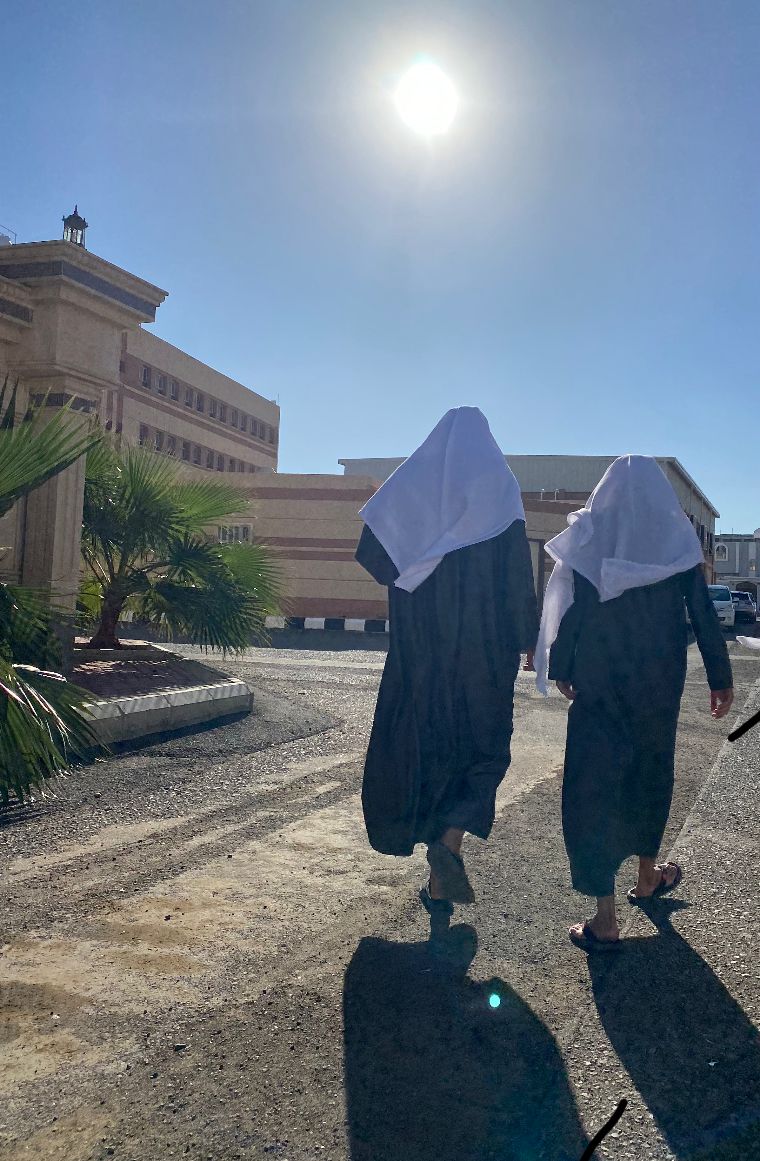
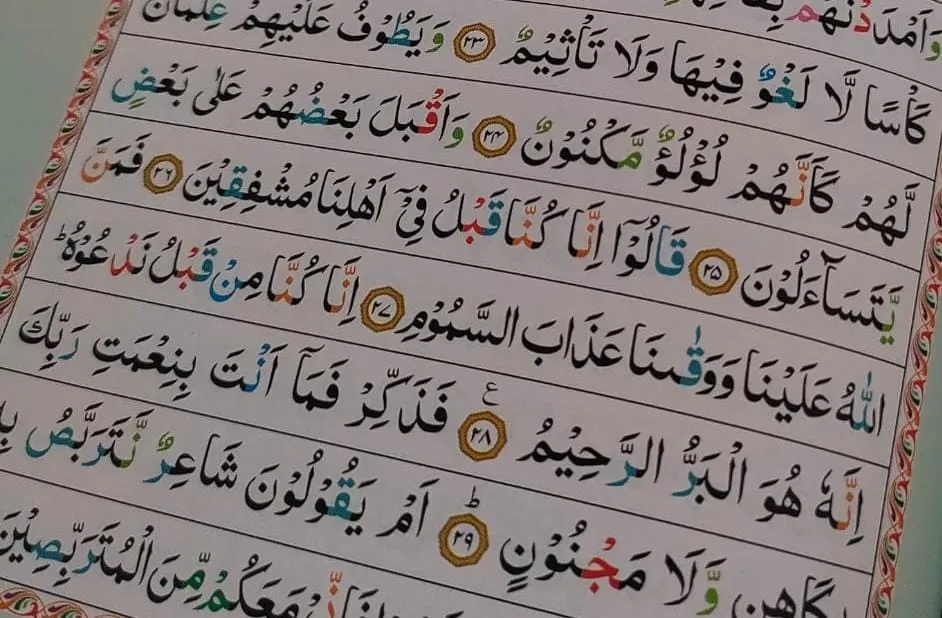
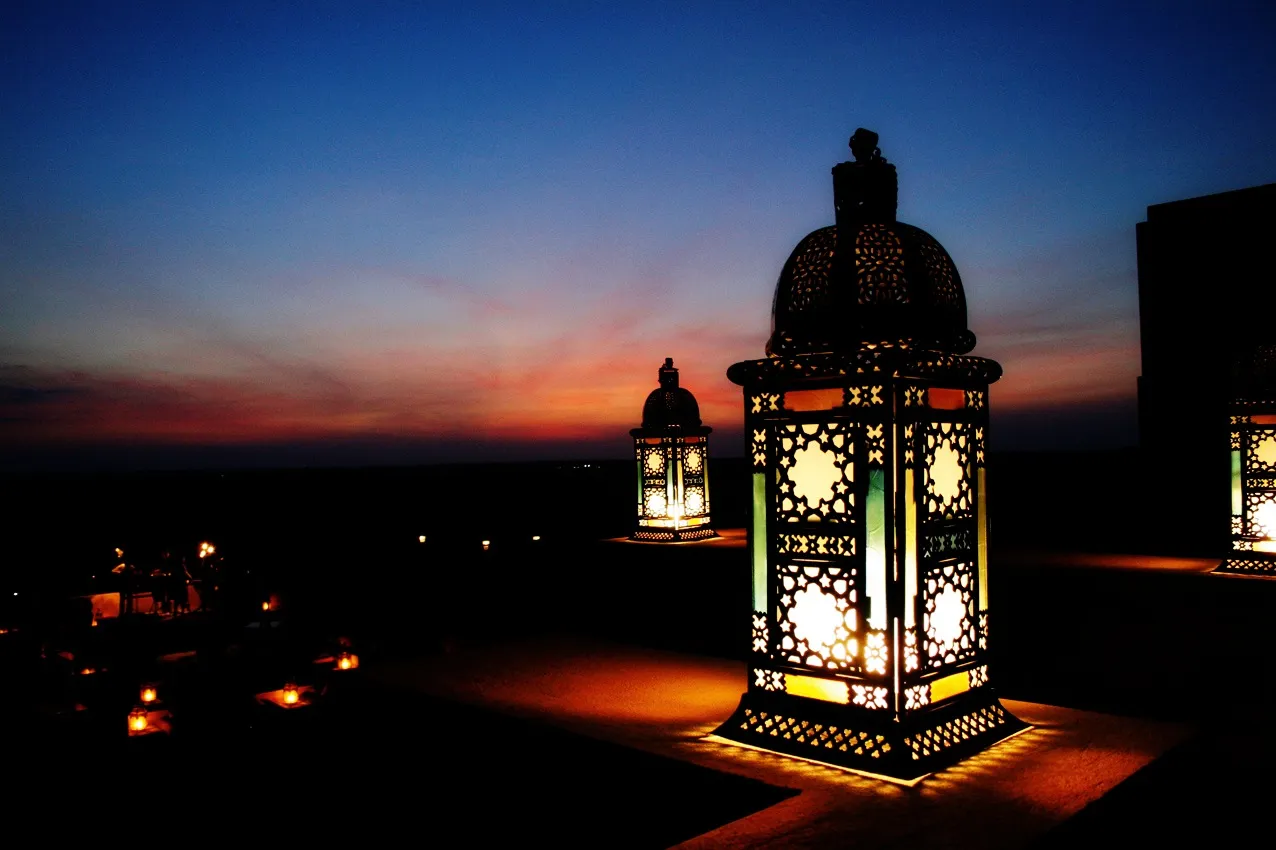
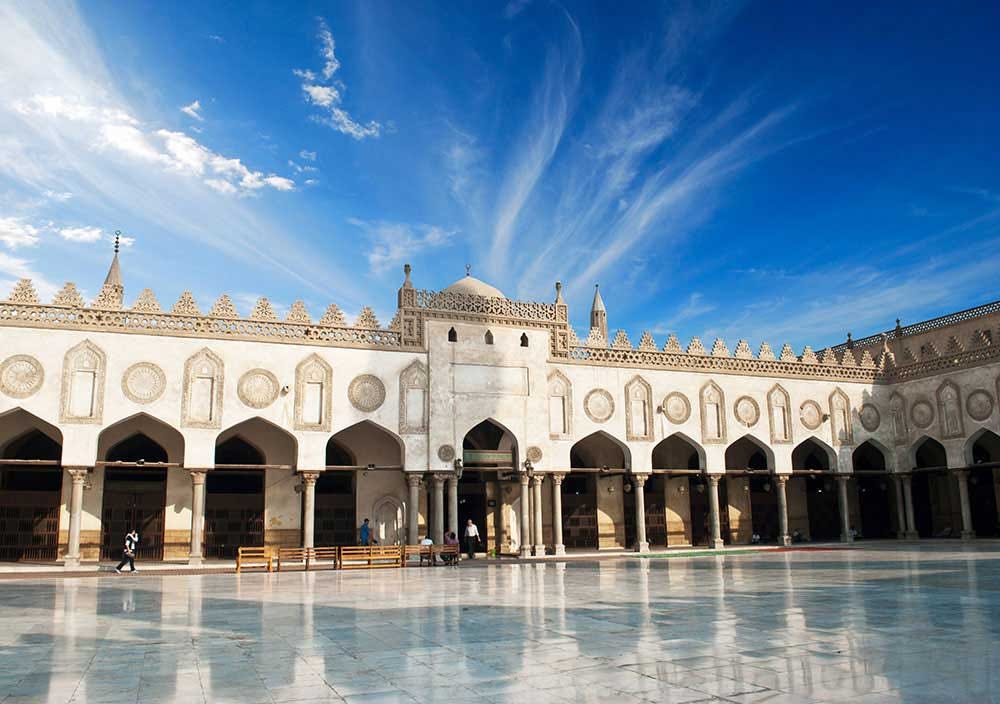
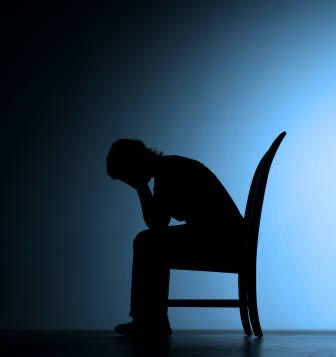

Wafi Shihad PN
Wafi Shihad is an Islamic Psychologist, Author and student of Islamic studies. He studied theology and Islamic sciences in Egypt under the scholars of Al Azhar University and in Madeena under esteemed scholars of Masjid An Nabawi and Al Mahdhara